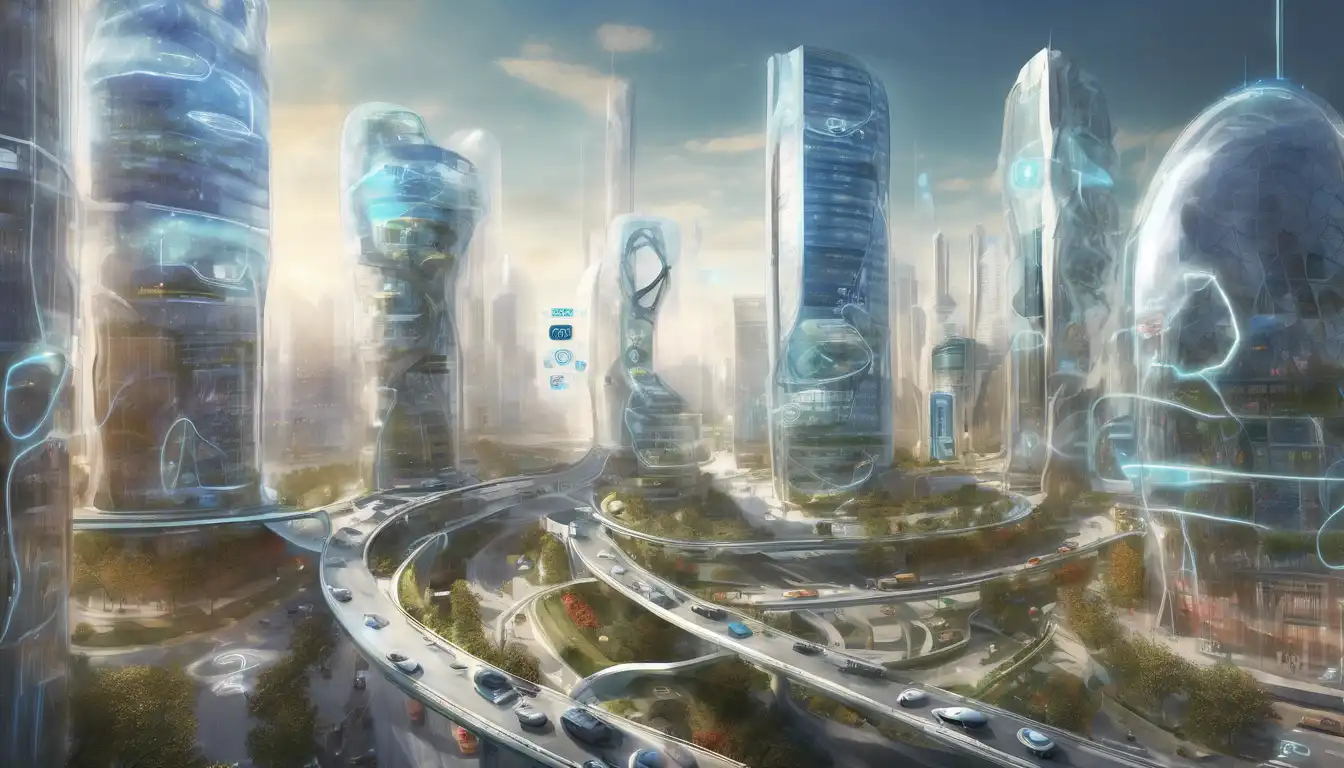The Role of IoT in Shaping Smart Cities
The Internet of Things (IoT) is revolutionizing the way we live, work, and interact with our urban environments. By connecting devices, sensors, and systems across cities, IoT is laying the foundation for smarter, more efficient, and sustainable urban living. This article delves into the transformative potential of IoT in smart cities, highlighting key applications, benefits, and challenges.
Key Applications of IoT in Smart Cities
IoT technology is being deployed in various sectors to enhance urban life. Some of the most impactful applications include:
- Smart Transportation: IoT enables real-time traffic monitoring, smart parking solutions, and optimized public transit systems, reducing congestion and improving mobility.
- Energy Management: Smart grids and IoT-connected devices help in monitoring and managing energy consumption, leading to significant savings and reduced carbon footprints.
- Waste Management: IoT sensors in waste bins can signal when they are full, optimizing collection routes and frequencies.
- Public Safety: From surveillance cameras to emergency response systems, IoT enhances security and safety in urban areas.
Benefits of IoT in Urban Development
The integration of IoT into city infrastructure offers numerous advantages:
- Efficiency: Automated systems and real-time data analysis lead to more efficient use of resources.
- Sustainability: IoT contributes to environmental sustainability by optimizing energy use and reducing waste.
- Quality of Life: Enhanced services and infrastructure improve the overall living conditions for city dwellers.
Challenges and Considerations
Despite its potential, the widespread adoption of IoT in smart cities faces several hurdles:
- Privacy and Security: The collection and analysis of vast amounts of data raise concerns about privacy and the risk of cyberattacks.
- Infrastructure Costs: The initial investment for IoT infrastructure can be high, posing a challenge for some cities.
- Interoperability: Ensuring that diverse IoT systems and devices can communicate and work together is crucial for success.
As cities continue to grow and evolve, the role of IoT in making them smarter and more livable cannot be overstated. By addressing the challenges and leveraging the opportunities, urban areas can harness the full potential of IoT to create a sustainable and efficient future for all.
For more insights into how technology is transforming urban landscapes, explore our articles on urban development and sustainable cities.
